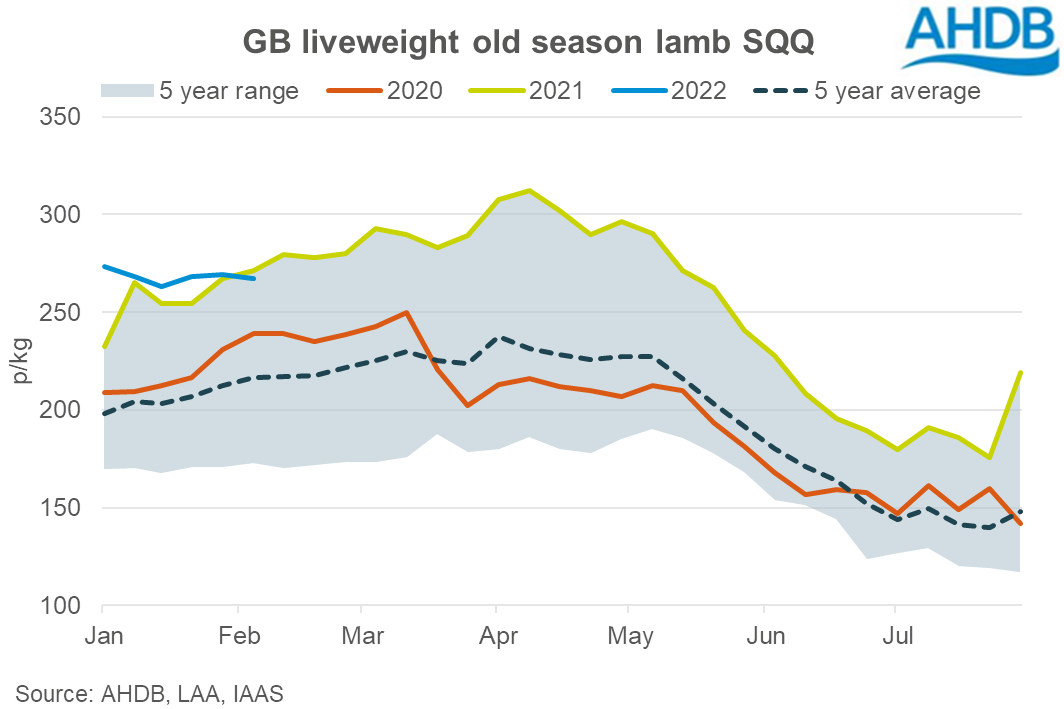Rain could save impending store lamb glut
September may have brought essential rain to build grass covers and get winter root crops growing to service demand for an anticipated bumper store lamb season.
National figures from Defra and AHDB suggest many lambs remain on farms after creep prices and dry weather slammed the breaks on lamb growth rates.
High lamb production was forecast in the AHDB summer outlook, which pegged flock expansion at 3% this year, and a prime lamb uplift of 2% in the second half of the year.
June and July slaughter figures are back 6% on the year, to 188,690, after being 14% up on the year from March to May.
August slaughter figures are still to be finalised, but liveweight throughputs are back 12.4% on the year, at 290,068 for the four weeks in August. Deadweight surveys suggest processors have had 9% fewer lambs on the year for the same period, at 169,188 head.
Store sales through markets in July and August have totalled 314,293 head, which is 14.5% back on the year. Average prices have levelled at £79, about £1.50 a head up on last year.
by Michael Priestley / Farmers Weekly

